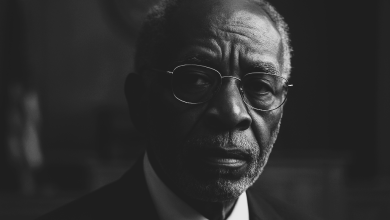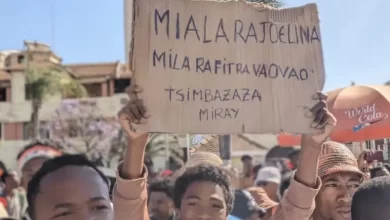Nolle Prosequi in Ghana: A Legal Tool Under Scrutiny and Its Implications for African Democracy
By: El Mens - Legal Africa

In recent times, Ghana’s Attorney General has invoked the legal principle of nolle prosequi to discontinue high-profile cases against political figures and activists. This practice, while rooted in legal tradition, has sparked debates about its implications for justice and democracy in Ghana and across Africa.
Understanding Nolle Prosequi
Nolle prosequi, a Latin term meaning “will no longer prosecute,” grants the Attorney General the authority to halt criminal proceedings at any stage before a final judgment. This power, inherited from colonial legal systems, is prevalent in many African countries. Its application can lead to the discharge of the accused, but it does not equate to an acquittal, leaving room for potential reinstatement of charges.
Recent Applications in Ghana
In Ghana, the Attorney General recently filed a nolle prosequi to discontinue the case against former Works and Housing Minister, Alhaji Collins Dauda, and four others involved in the Saglemi Housing project.
Additionally, charges against members of the Democracy Hub, who were involved in protests against illegal mining activities, were also dropped through a nolle prosequi.
Implications for Justice and Democracy
The discretionary use of nolle prosequi by the Attorney General has significant implications:
- Judicial Independence: Critics argue that unchecked use of nolle prosequi can undermine the judiciary’s authority, as it allows the executive branch to unilaterally discontinue cases without judicial oversight.
- Public Perception: Frequent invocation of nolle prosequi in high-profile cases can erode public trust in the legal system, leading to perceptions of bias or political interference.
- Accountability: The ability to halt prosecutions may hinder efforts to hold public officials accountable, especially in corruption-related cases.
The Way Forward for African Democracies
To balance the legal utility of nolle prosequi with the principles of justice and democratic governance, African nations might consider the following measures:
- Legal Reforms: Implementing clear guidelines and limitations on the use of nolle prosequi can prevent potential abuses of power.
- Judicial Oversight: Introducing mechanisms for judicial review of nolle prosequi decisions can ensure that such powers are exercised in the public interest.
- Transparency: Mandating public disclosure of the reasons behind nolle prosequi decisions can enhance accountability and maintain public trust.
Conclusion
While nolle prosequi serves as a valuable legal tool within the criminal justice system, its application must be carefully managed to uphold the integrity of the judiciary and the democratic ideals of African nations. Balancing prosecutorial discretion with transparency and accountability is essential for fostering public confidence in the rule of law.




